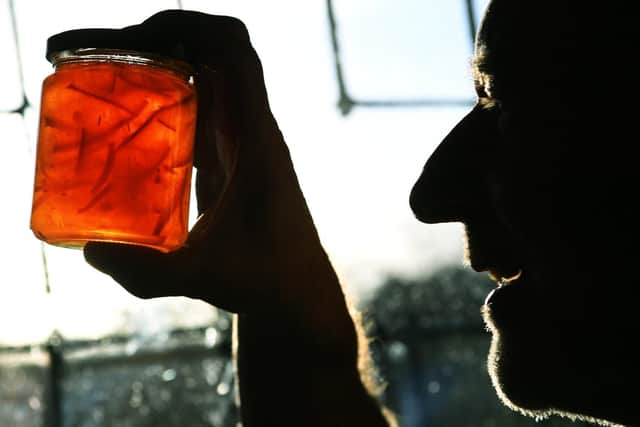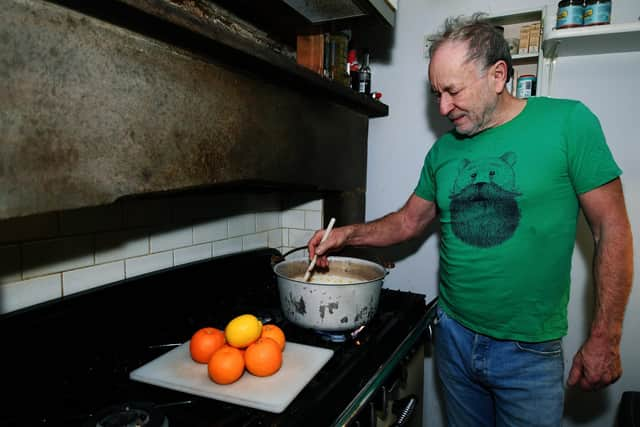Meet the Yorkshire Dales guesthouse owner who's a champion marmalade maker
“Not everyone does like it – some people hate it,” said Mr McNair, who runs Low Mill Guesthouse in Bainbridge, North Yorkshire, with wife Jane.
Mr McNair, who last year scooped a prestigious “double gold” in the world-famous Dalemain marmalade awards, started making his own marmalade as it was so expensive buying it in bulk for his guests.
Advertisement
Hide AdAdvertisement
Hide AdContestants from all over the world vie in different categories, using a multitude of different fruits and ingredients.


Despite the pandemic, there were a record-breaking number of entries to the contest in Penrith last year, with over 3000 jars from more than 30 countries worldwide including Japan, Canada, Australia, Kuwait and the Dominican Republic.
Mr McNair’s mammoth marmalade-making efforts are already under way, having taken delivery of 30 kilos of organic Seville oranges which he hopes to turn into 300 jars.
They will all be sold to raise money for charity – this year Alzheimer’s, in memory of his mother, who died 12 years ago. Last year running the Manchester marathon and his marmalade raised a hefty £1,700.
Advertisement
Hide AdAdvertisement
Hide Ad“I quite enjoy it and it’s a good way of raising money for charity,” he said.


He will also be entering the marmalade awards in the hope of repeating last year’s success.
“From the judges’ point of view, the important thing is the texture of the peel. It’s about cooking it for long enough to get the peel nice and soft, but not too soft, so I give mine a very slow simmer for three or four hours, covering it and reducing it by a third.”
Although marmalade seems quintessentially British, its history dates back to the Romans who learned from the Greeks that quinces slowly cooked with honey would “set” when cool.
Advertisement
Hide AdAdvertisement
Hide AdMarmalet was served at the wedding banquet of the daughter of John Neville in Yorkshire in 1530 and apparently it was a favourite with Anne Boleyn and her ladies in waiting.
The Scots are credited with developing it as a spread, with 18th century recipes using more water to produce a less solid preserve.